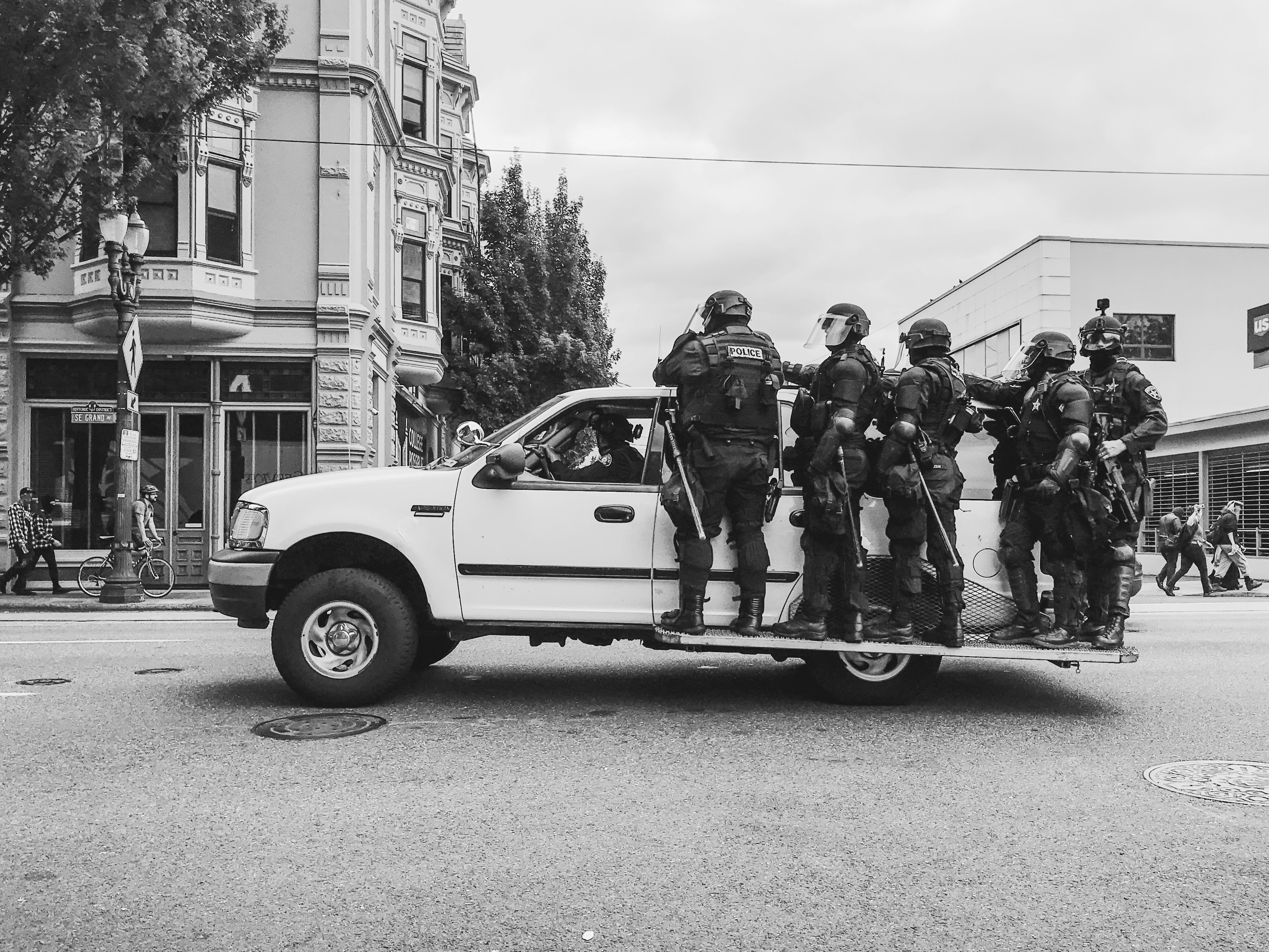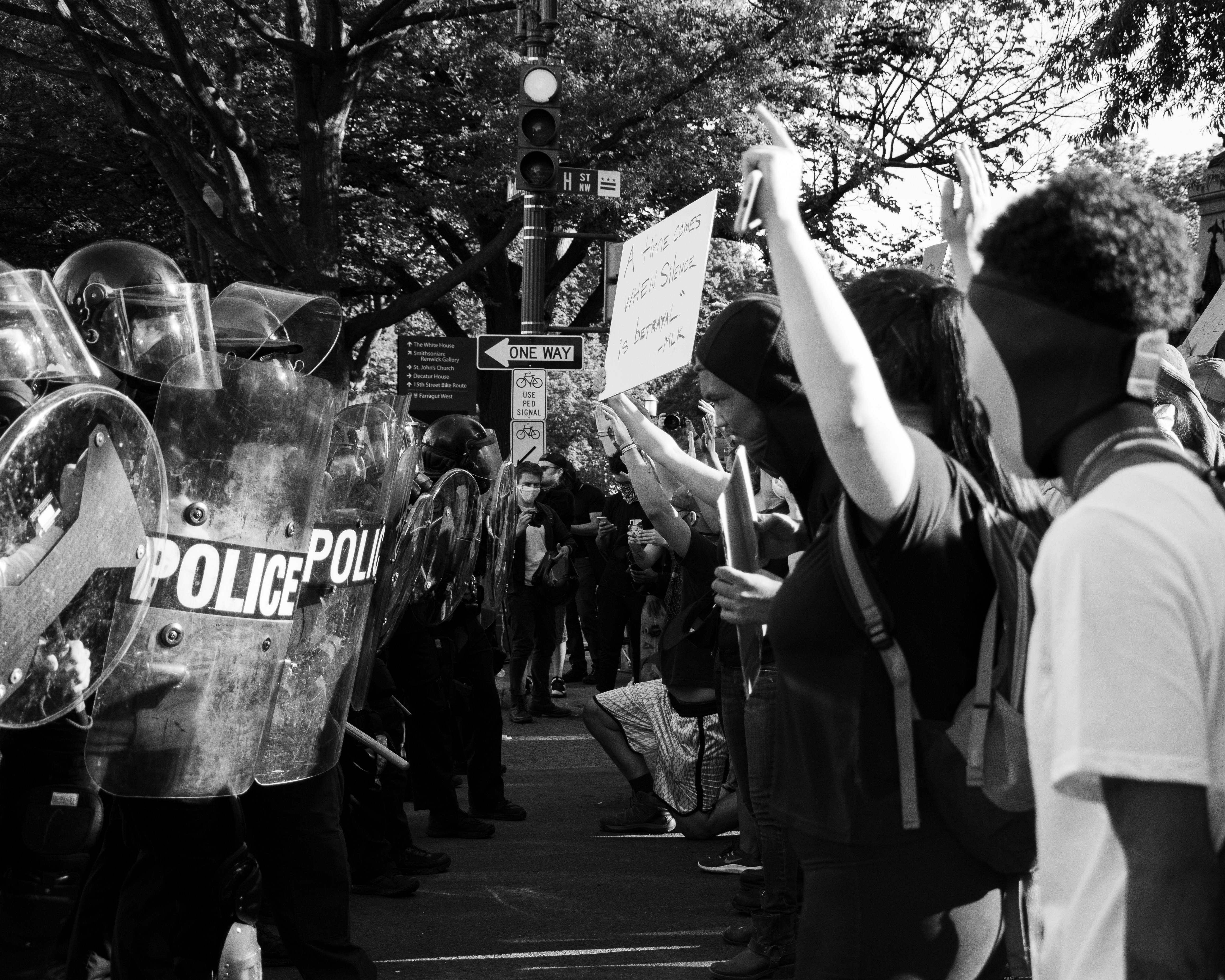George Floyd’s death reignited decades-old conversations about policing in America, what many people consider to be a broken system. Black Lives Matter certainly isn’t the first movement to address issues like police brutality and injustice in the legal system, but it has gained momentum in recent years.
As broader discussions about re-imagining public safety continue to mount, many are asking how we can mend this broken system. From ending qualified immunity to streamlining training with workforce management software, there are some immediate steps we can take to improve things.
De-Militarized Training

Police academy training is not standardized across the country—which means methods, curriculum, and length of training all vary depending on the academy. Full-time training at a police academy usually lasts 6 months, which is half as long as it takes to become a hairstylist. The average length of training is about 840 hours, with five main categories, broken down (on average) as such:
- 213 hours on operations
- 168 hours on firearms, self-defense, and use of force
- 89 hours on self-improvement (physical health, ethics, stress-management)
- 86 hours on legal education
- 10 hours on mental illness
Many people are making the argument that police need more legal education, maybe even a required degree. As officers of the law, they should know the law – extensively. Mental illness training needs not only more emphasis but a more empathetic approach as well. Most people think that training, in general, should be longer—that it takes more than 6 months to be fully prepared. Traditionally, police academies use a paramilitary format that builds camaraderie but it may fail to emphasize critical thinking, communication skills, and emotional intelligence which are required for community-oriented policing. An adult-learning training model would be much more effective at factoring in the psychological skills needed for the job.
Efficient Training Management Systems
We can put better training requirements and curriculum in place, but it won’t mean much without an efficient way to manage and track the training. Fortunately, new technology offers promising solutions to this problem. Law enforcement agencies can take advantage of innovative workforce management software that allows them to manage training courses, coordinate training schedules, and track employee results. Training administrators in human resource management can even track training attendance and log results in real-time.
Workforce management software also includes smart scheduling, which ensures that the right people are where they need to be at the right time. This also enables human resources to schedule employees in a way so that no one officer is ever over-worked. The analytical tools, designed for ease of use, allow workforce managers to compile reports, and automatically distribute them. These key features will go a long way in increasing efficiency and transparency in police training.
Beyond Training

Activists are calling for more than improved police training to mend the justice system. One major demand is to end qualified immunity, which is a special protection that prevents government officials from being held liable if they violate a citizen’s rights. As it stands, they can only be held liable if a court previously decided it was “clearly established” that those same, precise actions were unconstitutional. Activists are also pushing to make all records of police misconduct available to the public.
Another demand is to ban no-knock warrants, which allow police to enter a home unannounced. This pressure comes after 26-year-old Breonna Taylor was fatally shot earlier this year during the execution of a no-knock warrant. Communities across the country have been asking their public officials to hear their demands, with some listening more than others. Colorado recently became the first state to do away with qualified immunity after passing a sweeping police reform bill. Even still, there is more work to do.

Public safety and police training in particular are incredibly nuanced subjects with few simple solutions. To mend all of the flaws in our justice system, we need to take a micro and macro approach. We have a long way to go, but there are improvements we can make with police training while we consider long-term solutions to address root issues.














